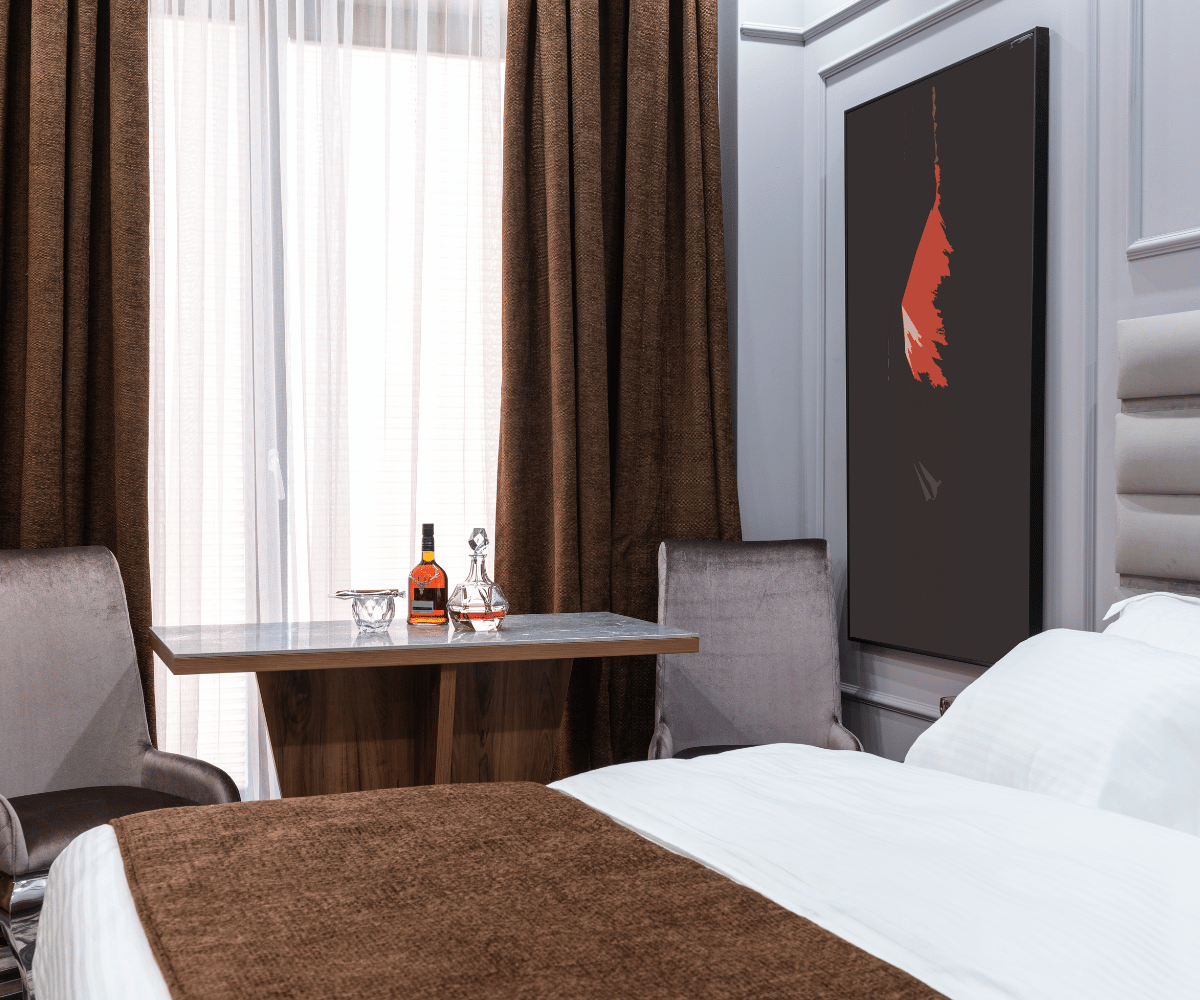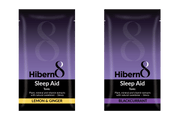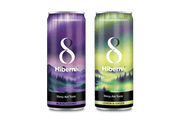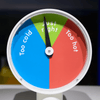Alcohol and Sleep: Understanding the Complex Relationship

Sleep is a critical component of overall health, affecting physical, mental, and emotional well-being. Alcohol, a widely consumed drink, is often used by individuals to help them sleep. However, the relationship between alcohol and sleep is complex and multifaceted, involving various physiological and neurological mechanisms. This article explores how alcohol impacts sleep, backed by scientific research.
The Initial Sedative Effect
Alcohol is known for its sedative properties, which can promote relaxation and help individuals fall asleep more quickly. This initial sedative effect is due to alcohol’s influence on the central nervous system. It enhances the activity of gamma-aminobutyric acid (GABA), a neurotransmitter that inhibits brain activity, leading to drowsiness and reduced time to fall asleep (Roehrs & Roth, 2001).
Disruption of Sleep Architecture
While alcohol may help with falling asleep, its effects on sleep architecture are largely not good. Sleep architecture refers to the structure and pattern of sleep cycles, including rapid eye movement (REM) sleep and non-REM sleep. Research shows that alcohol disrupts these cycles, leading to poorer sleep quality overall.
- REM Sleep Suppression: Alcohol consumption, particularly in high amounts, suppresses REM sleep during the first half of the night (Ebrahim et al., 2013). REM sleep is crucial for cognitive functions such as memory consolidation, learning, and emotional regulation. Suppression of REM sleep can therefore have adverse effects on these cognitive processes.
- Rebound Effect: As alcohol is metabolised and its sedative effects wear off, there is often a rebound effect characterised by increased REM sleep in the latter half of the night. This can lead to vivid dreams or nightmares and frequent awakenings, further disrupting sleep continuity (Stein & Friedmann, 2005).
Impact on Sleep Stages
- Slow Wave Sleep (SWS): Also known as deep sleep, SWS is essential for physical restoration and immune function. Moderate alcohol consumption can initially increase SWS, but chronic use diminishes it, leading to less restorative sleep (Prinz et al., 1980).
- Light Sleep: As the night progresses and the body metabolises alcohol, individuals often experience more time in lighter stages of sleep. This makes them more susceptible to disturbances and awakenings (Roehrs & Roth, 2001).
Long-term Effects and Sleep Disorders
Chronic alcohol use can lead to the development of sleep disorders. For instance, it can exacerbate conditions such as insomnia and obstructive sleep apnea (OSA).
- Insomnia: While alcohol might initially help with falling asleep, the subsequent disturbances in sleep architecture can lead to persistent difficulties in maintaining sleep, thereby contributing to insomnia (Thakkar et al., 2015).
- Obstructive Sleep Apnea (OSA): Alcohol relaxes the muscles of the throat, increasing the likelihood of airway obstruction and apneic episodes. This is particularly problematic for individuals already predisposed to OSA, as it exacerbates the condition (Issa & Sullivan, 1982).
Alcohol Withdrawal and Sleep
For individuals who are dependent on alcohol, withdrawal poses additional challenges for sleep. Withdrawal symptoms include severe insomnia, REM rebound, and frequent nocturnal awakenings (Brower, 2001). These disturbances can persist for months, even after stopping alcohol use, indicating long-term impacts on sleep regulation.
Recommendations for Healthy Sleep
Given the detrimental effects of alcohol on sleep, it is advisable to limit alcohol consumption, particularly in the hours leading up to bedtime. Adopting good sleep hygiene practices, can also help improve sleep quality, which is explained further in our previous article - Why am I always tired?.
Conclusion
While alcohol may seem like a helpful aid for sleep, its overall impact is largely negative, disrupting sleep architecture, reducing sleep quality, and contributing to long-term sleep disorders. Understanding the complex relationship between alcohol and sleep can help individuals make informed decisions about their alcohol consumption and adopt healthier sleep practices. Practices such as enjoying Hibern8 drinks instead of alcohol is a much better option to help you to fall asleep.
References
- Brower, K. J. (2001). Alcohol’s effects on sleep in alcoholics. Alcohol Research & Health, 25(2), 110-125.
- Ebrahim, I. O., Shapiro, C. M., Williams, A. J., & Fenwick, P. B. (2013). Alcohol and sleep I: effects on normal sleep. Alcoholism: Clinical and Experimental Research, 37(4), 539-549.
- Issa, F. G., & Sullivan, C. E. (1982). Alcohol, snoring and sleep apnea. Journal of Neurology, Neurosurgery & Psychiatry, 45(4), 353-359.
- Prinz, P. N., Vitiello, M. V., & Raskind, M. A. (1980). Effects of alcohol on the sleep of young men and elderly men. Journal of Clinical Psychopharmacology, 1(2), 122-126.
- Roehrs, T., & Roth, T. (2001). Sleep, sleepiness, and alcohol use. Alcohol Research & Health, 25(2), 101-109.
- Stein, M. D., & Friedmann, P. D. (2005). Disturbed sleep and its relationship to alcohol use. Substance Abuse, 26(1), 1-13.
- Thakkar, M. M., Sharma, R., & Sahota, P. (2015). Alcohol disrupts sleep homeostasis. Alcohol, 49(4), 299-310.
-
Posted in
alcohol, article, circadium, energy, hibern8, insomnia, insomniac, mental, physical, recovery, sleep, sleep aid, sleep issues, sleep problem, sleeping pill, sleeping tablets, Tired, wellness







